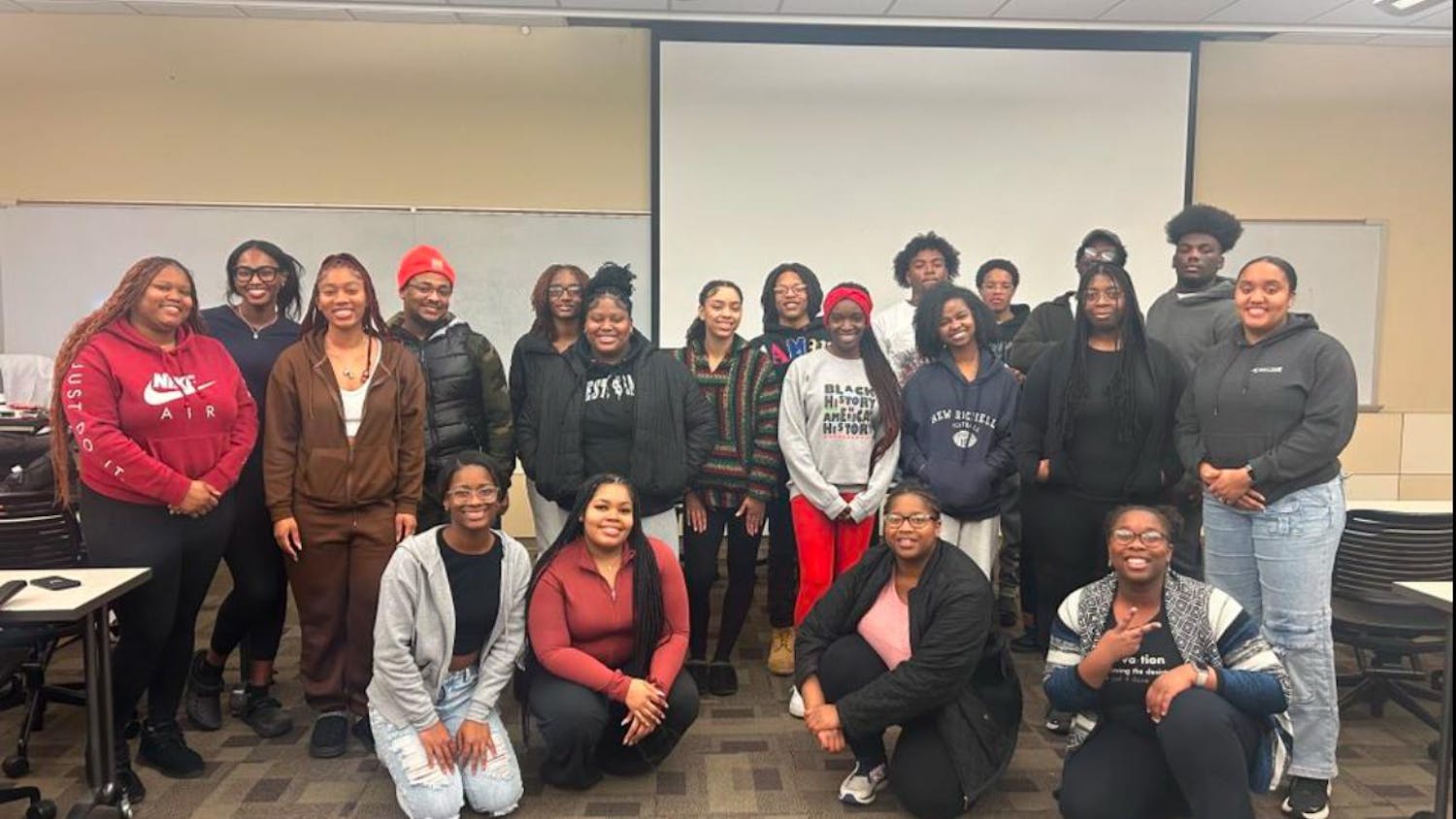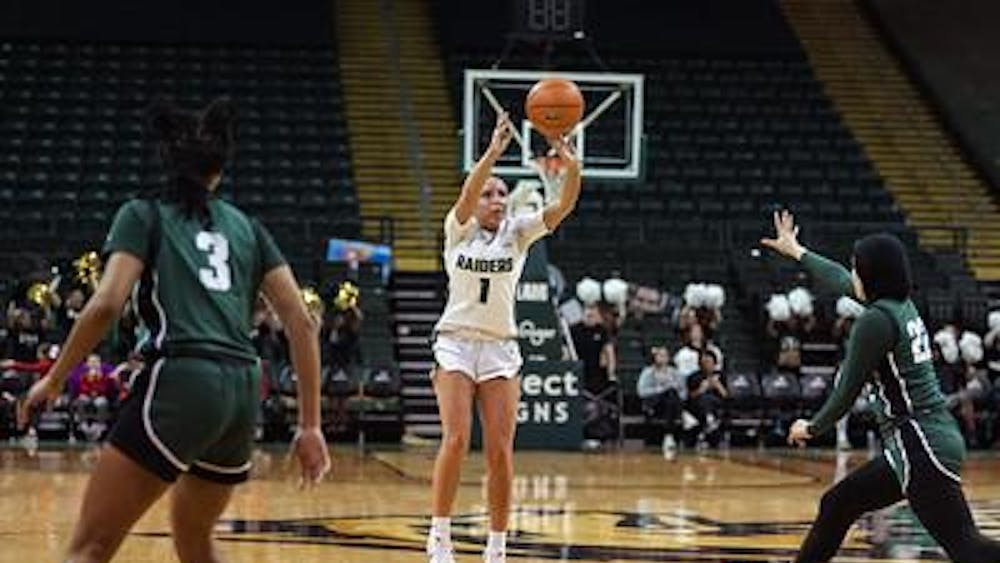The Fair Trade Student Association (FTSA) has started an initiative requesting that WSU sell more fair trade products. According to the FTSA and several national fair trade websites, products marked “fair trade” are certified as being grown, created and traded in humane ways by producers in developing countries. Many of these products are also eco-friendly.
Danielle Reinhard, president of the FTSA, said the main goal of the organization is not just to certify WSU as a fair trade university, but to also to spread awareness about fair trade and fair trade products to WSU students and faculty. Reinhard said the FTSA plans to get students involved in the organization with various meetings and presentations and pairing the events with actual fair trade products.
“We want to promote solutions to poor trades and show how great fair trade is,” Reinhard said. “Typically our documentaries or other educational events are tied together with free coffee, chocolate and other awesome fair trade products. A lot of students love to learn and won't say no to free chocolate. Our meetings will also include educational presentations and socials for members to explore fair trade products and places involved.”
The selling of fair trade products not only has the potential to improve the lives of those in developing countries and protecting the environment, but also WSU, as Charmaine Griffith, founder of the FTSA, points out.
“Students have the opportunity to make global change right here on campus” Griffith said. “As we graduate and go out into the world we not only act as part of ‘Raider Nation,’ but also in our growing society, we become global citizens. Learning about global labor issues and their possible solutions are necessary as we move out into a growing international workforce.”
However, despite these impacts, making WSU a fair trade institution is still controversial because some products sold on campus would become more expensive, Reinhard said.
“The biggest resistance that I personally see is the cost of fair trade for the consumers,” Reinhard said. “Through education we hope to show the important reasoning behind the cost, but the consumers can only afford what they can afford, especially as college students.”
This issue will not necessarily stop every student from purchasing fair trade goods on campus.
“I wouldn’t mind spending more money on a product here if that means it is more eco-friendly and ethical,” sophomore biology major Natasha Sandella said. “It just feels better knowing that.”
According to Griffith, the high cost of fair trade products is often exaggerated and their benefits may outweigh the cost.
“Many fair trade products are not more expensive,” Griffith said. “Even if the product is 50 cents or a dollar more expensive, the certification ensures that no slave labor or child slave labor has touched that product. It ensures that the laborers were treated fairly and protected in areas of the world that do not have the same protections as Americans do. It ensures that the product was produced ethically. I think that's worth an extra 50 cents sometimes.”












